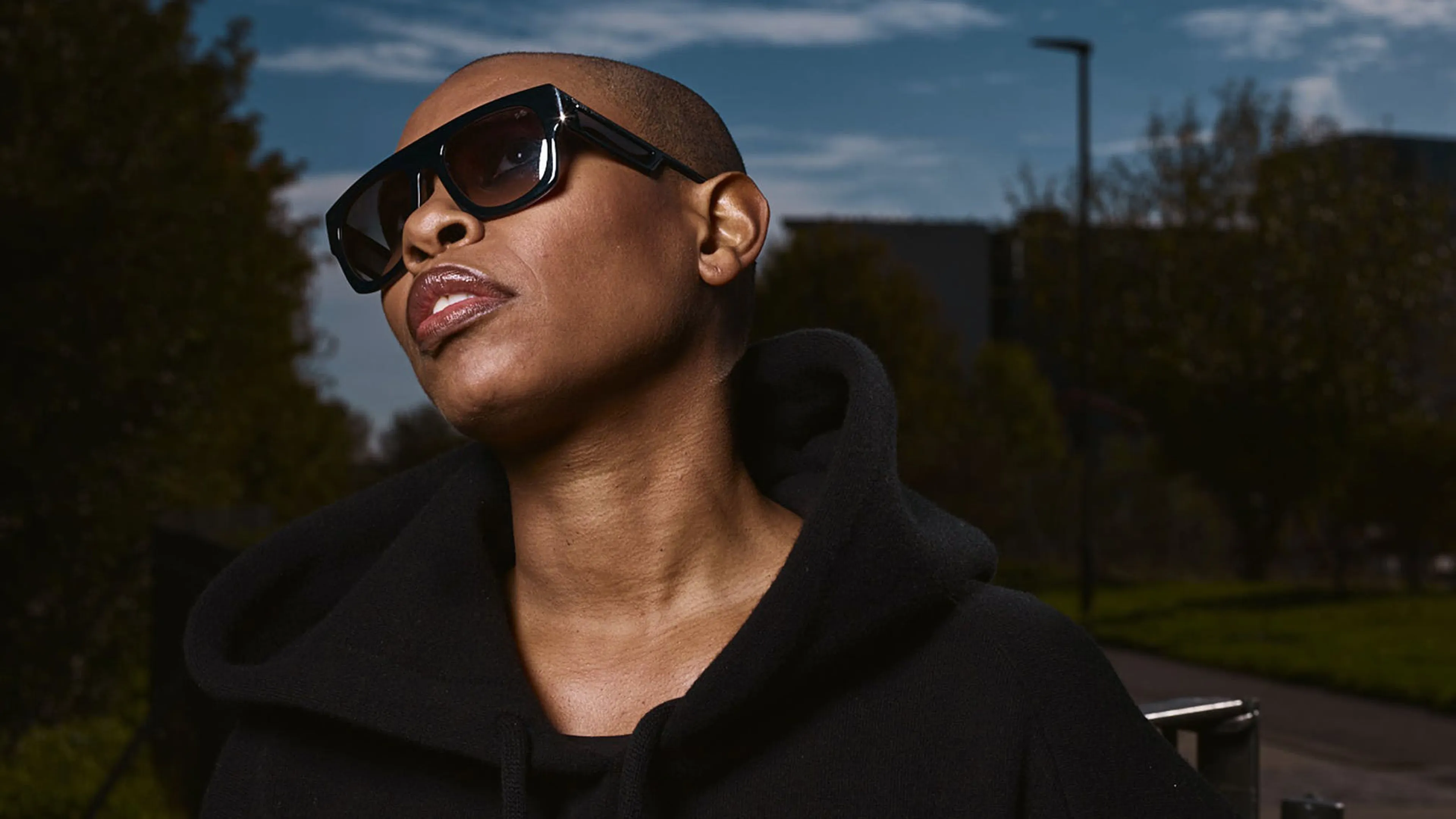The middle years of the 1990s were a remarkable period for British music. In what was an era far more defined by genre and uniform than is the case today, the emergence of Britpop as an antidote to the ubiquity of American alternative music filled the airwaves and the mainstream press. But notwithstanding the quality of bands such as Blur, Oasis, Supergrass and Pulp, one defining feature of this attention-grabbing movement was its racial and gender homogeneity. In other words: it was white and male.
In the scene next door, however – it was sometimes called ‘Britrock’, although the clumsy soubriquet never really stuck – artists such as Skunk Anansie, The Wildhearts and Feeder featured members who were from different racial backgrounds. What is interesting about this is that in the ’90s it was far easier, and much more acceptable, to present fans of loud music as being backwards, and – whisper this – even bigoted, no matter that the evidence suggested differently. Oh, the irony.
“I think that people get into rock music because there’s a passion and an authenticity there,” says Skin. “And there’s a rage and an anger there, too. It’s really the land of the outsiders. And it’s all about being the uncool kids. To be into rock music was definitely a choice you made about going against the grain. It was the underground music. It was music that had a bit of edge to it. So I think that those people are a lot more empathetic. Rock audiences are a lot more empathetic.”
When it comes to Skunk Anansie – and for a reassuringly high number of their contemporaries, too, in fact – they are still. Never mind that the movement was denied its full critical due by everyone bar magazines such as Kerrang!, the fact that in 2019, and in 2022, Skunk Anansie can fill such large venues proves this is the people’s music; it is they, and only they, who count.
These occasions are special for other reasons, too. As Skin observes in the opening lines of her autobiography, It Takes Blood And Guts, “No matter how far I travel, I’m always a Brixton girl. I can be drinking mescal while listening to Bob Marley in Mexico, or eating pizza in Napoli at 4am, but in my head I’m that child back home in Brixton Market, skipping between market stalls catching snippets of ‘big people conversations’.” For anyone looking for the root cause of the flint-hard political edge that has been part of Skunk Anansie’s DNA from day one, this is it.
“It’s ’cause I’m from Brixton,” she says, simple as that. “If you look at Brixton in the 1970s, when I was growing up, it was this under-funded, forgotten-about part of South London. Where all the black people lived. And that wasn’t talked about. Black people’s issues were not talked about. We were just kind of left to fend for ourselves, really. We had the added thing of the sus [suspected person] laws, too. A lot of those black inner-city areas also had to deal with a very racist police force. They would just arrest black guys on suspicion and search them. They’d make them be naked in the middle of the street because they had the power to do that. And I have three brothers, so I was well aware of that.”
